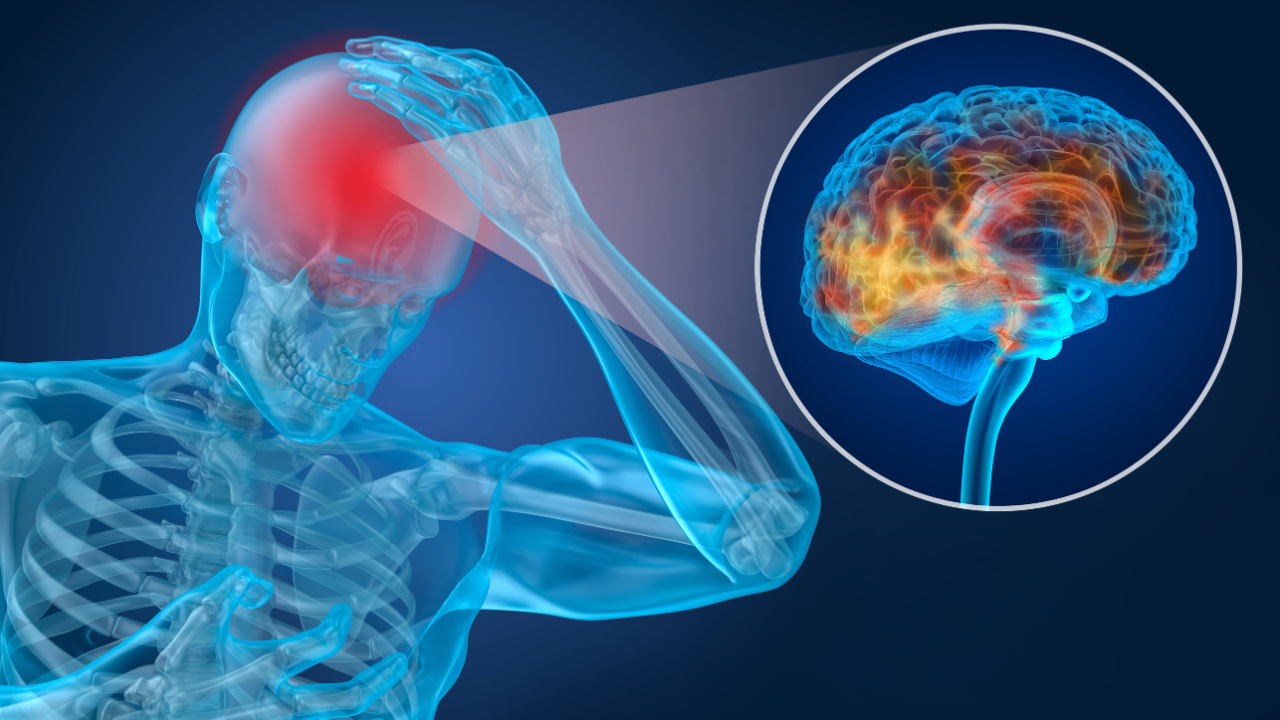FDA Approves Abbott’s i-STAT TBI Whole Blood Rapid Test to Assess Patients for Concussions at Bedside
The concussion test, which shows results after 15 minutes, can help evaluate patients up to 24 hours after injury, company says.

The FDA has approved Abbott’s i-STAT TBI cartridge to use with whole blood for rapid bedside assessment of patients with suspected concussions. The company stated this regulatory action is significant because previously available concussion tests required plasma or serum and lab processing. The device has been found to provide lab-quality results in 15 minutes to evaluate patients over the age of 18 years up to 24 hours after injury. Abbott stated the approval is an important milestone, citing that many individuals may have to wait following an injury to obtain proper treatment for the symptoms of a concussion.1
"Emergency departments can be a busy place. It's important to be able to triage patients quickly," Geoffrey Manley, MD, PhD, chief, neurosurgery, Zuckerberg San Francisco General Hospital, professor, neurosurgery, University of California San Francisco, contact principal investigator for the TRACK-TBI Network, said in a press release. "Historically, that process for suspected concussions was largely subjective. With the help of this whole blood test, we can quickly and objectively determine whether or not a patient needs a CT scan or additional evaluation, right at the point of care. It's an incredibly helpful tool that advances the treatment of traumatic brain injury."
According to UPMC, anywhere from 1.7 million to 3 million concussions result from sports-related incidents on a yearly basis. Additionally, half of those suffering concussions go unreported, with one-fifth of all high school athletes expected to experience a concussion by the end of this year.2
Common symptoms of a concussion include, but aren’t limited to head pain, mood changes, irritability, and decreased appetite. At times, people can develop post-concussive syndrome, which leads to continued symptoms after a concussion has run its course.3
“It is difficult to estimate the chance of dying from a concussion because there are other factors involved in survival after a TBI. For instance, many people who have a severe concussion also have other injuries to the brain or other issues such as blood loss, fractures, and organ damage that can decrease the chances of survival,” Verywell Health reported. “Post-concussive symptoms or effects of CTE can lead to death as a result of problems indirectly caused by the head injury—such as a drug overdose. Based on CDC data, there were 64,362 traumatic brain injury-related deaths in the United States in 2020.”
Other tests used to evaluate for a concussion include the King-Devick concussion test, the Standardized Assessment of Concussion, the Buffalo Concussion Physical Examination, the Sport Concussion Assessment Tool, and the Post-Concussion Symptom Scale.3
“Concussions are more common with advancing age, and the population with the greatest prevalence is people over age 75,” Verywell Health added. “Recurrent concussions or underlying brain conditions are a risk for persistent or severe neurological and psychological changes after a concussion.”
References
1. ABBOTT RECEIVES FDA CLEARANCE FOR WHOLE BLOOD RAPID TEST TO HELP WITH ASSESSMENT OF CONCUSSION AT THE PATIENT'S BEDSIDE. Abbott. April 1, 2024. Accessed April 2, 2024. https://abbott.mediaroom.com/2024-04-01-Abbott-Receives-FDA-Clearance-for-Whole-Blood-Rapid-Test-to-Help-with-Assessment-of-Concussion-at-the-Patients-Bedside
2. Concussions Facts and Statistics. UPMC. Accessed April 2, 2024. https://www.upmc.com/services/sports-medicine/services/concussion/about/facts-statistics#:~:text=Between%201.7%20and%203%20million,get%20a%20concussion%20this%20year.
3. Concussion Facts and Statistics: What You Need to Know. Verywell Health. July 18, 2022. Accessed April 2, 2024. https://www.verywellhealth.com/facts-about-concussions-5324731